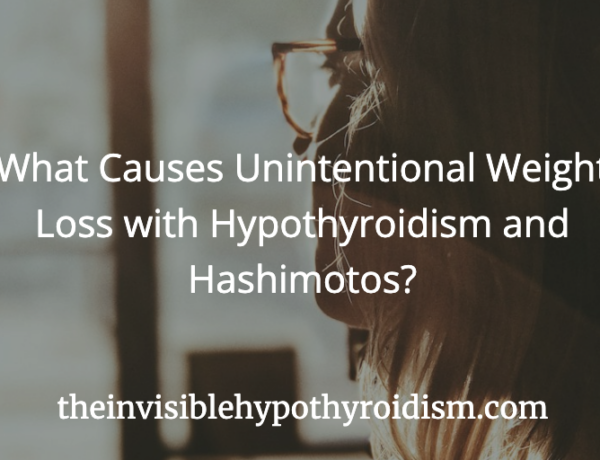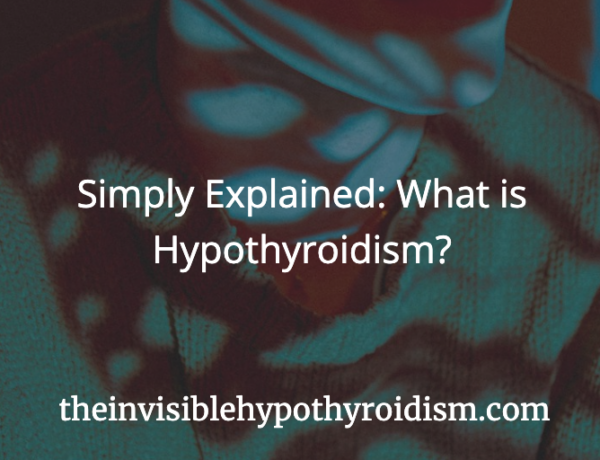Do you get to 3pm and feel a sudden dip in energy? Perhaps coupled with brain fog? Do you feel as is you could really go for a nap at this time each day?
The “3pm Slump” is a really commonly reported experience for those with thyroid conditions such as hypothyroidism and Hashimoto’s, so let’s explore why and what we can to resolve it.

The answer for the “3pm Slump” may lie in your adrenal health. Adrenal dysfunction (it is more accurately referred to as hypothalamic-pituitary axis dysfunction) is something that many thyroid patients experience alongside their hypothyroidism. With both the adrenal glands and thyroid gland being part of the endocrine system, it’s easy to see why one can go a bit awry when the other does.
What is Adrenal Dysfunction?
The adrenal glands sit atop the kidneys and are responsible for many hormones that are important for a lot of bodily processes, such as responding to stress. This is where cortisol, the culprit behind the “3pm Slump” for many, comes in.
There are two recognised conditions in conventional medicine in association with extreme dysfunctioning of the adrenal glands: Addison’s Disease, which is a long term condition whereby the adrenal glands do not produce enough cortisol and Cushing’s Disease, which is the opposite – where the adrenals produce often dangerously high levels of the hormone.
Adrenal dysfunction may not be well-recognised in the mainstream medical world at the moment, but is in the more alternative medical world. This includes naturopathic, functional and lifestyle medicine. It is strongly felt in these circles that adrenal dysfunction (that is: an alteration in the natural cortisol slope) can cause symptoms and issues, though the cortisol levels are not as extremely affected as to the extent of Cushing’s or Addison’s.
Cortisol is very important when it comes to our energy levels. The slope of cortisol, which we typically see at its highest first thing in the morning and gradually dropping down over the course of the day, can be disrupted when we are chronically stressed.
When someone has adrenal dysfunction, their cortisol levels do not follow this pattern. The ideal slope of high cortisol in the morning and decreasing throughout the day, may become:
- low cortisol all day
- high cortisol all day
- low cortisol in the morning and high cortisol at night
How Do I Know if I have Adrenal Issues?
Symptoms include:
- Struggling to fall asleep at night, or waking up a few hours after you do
- Feeling extremely tired in the morning, despite a lot of sleep
- Experiencing a mid-afternoon ‘slump’
- Feeling more emotional than usual
- Depression or anxiety
- Ongoing fatigue that affects your day to day life
- Feeling unable to tolerate stress
- Hot flashes or sweats
- Intensely craving salty or sugary food
- Dark circles under the eyes
- Dizziness
- Mental fog
- Weight gain
- Low libido
- Extreme tiredness after exercise
- Unable to fall asleep despite being tired
- Heart palpitations
- Feelings of hypoglycaemia (low blood sugar) though test results are normal
- Hair loss
- Irregular Menstrual Cycles
You may have also been on thyroid medication for a while and still feel no better. After all, adrenal dysfunction can be a big piece of our thyroid jigsaw puzzle.
A 24-hour saliva test, testing your cortisol levels at four key points of the day, to find out if you have adrenal dysfunction, is recommended. If your doctor won’t run this, you can order it yourself and complete it at home, here.
Most mainstream doctors will only test it with a one time urine or blood sample, which is not as accurate as checking four saliva samples. Four samples taken over a 24-hour day show how your rhythm of cortisol production is working and whether you have that slope we talk about. It should be highest in the morning, tailing off throughout the day. Only four saliva samples taken in one day will tell you this accurately.
How Do You Fix Adrenal Dysfunction?
Since stress is the cause, the simple answer to calming our adrenal glands and seeing cortisol return back to that expected, healthy slope, is to find ways to decrease stress, but it’s important to understand that stress can come in many forms.
It’s not just a stressful job, deadlines, financial stress or parenting young children. It also includes not getting enough sleep and rest on a regular basis, blood sugar imbalances (often caused by a high sugar / carb diet), over exercising, yo-yo dieting / restricting calories, ongoing family arguments and having no downtime.
Lifestyle changes are usually made to address stress, but it’s very much individual to each person, as we need to look at what are our stressors. Prioritising sleep and rest, time to wind down and do activities such as reading, crafting, walking, yoga, baths or essentially anything that lowers your stress levels and promotes those feel good chemicals and hormones, is key.
Some people may need to reassess their work situation, create and maintain boundaries with friends and family around commitments, arguments and expectations, for example. Some may even need to reduce time spent with certain people who contribute to stress levels. If not stop seeing these people completely.
Ensuring that low thyroid hormone levels are corrected so that they are optimised can be important, as well as investigating possible food sensitivities which may be contributing. Eating gluten and consuming caffeine and alcohol were factors in my adrenal dysfunction.
Ensuring you are eating in a way that is keeping your blood sugar fairly predictable, as well as consuming enough calories for breakfast and lunch is key, too. Many people hit this slump midafternoon because they’re not eating and drinking enough leading up to that point in the day.
You may wish to consult a practitioner who recognises adrenal dysfunction, such as functional doctor or naturopathic doctor.
Do you have experience with the “3pm Slump”?

See also:
There is also the book Be Your Own Thyroid Advocate: When You’re Sick and Tired of Being Sick and Tired, which builds on this article and discusses how Rachel got her own health and life back on track, when living with hypothyroidism, Hashimoto’s and adrenal dysfunction.





No Comments